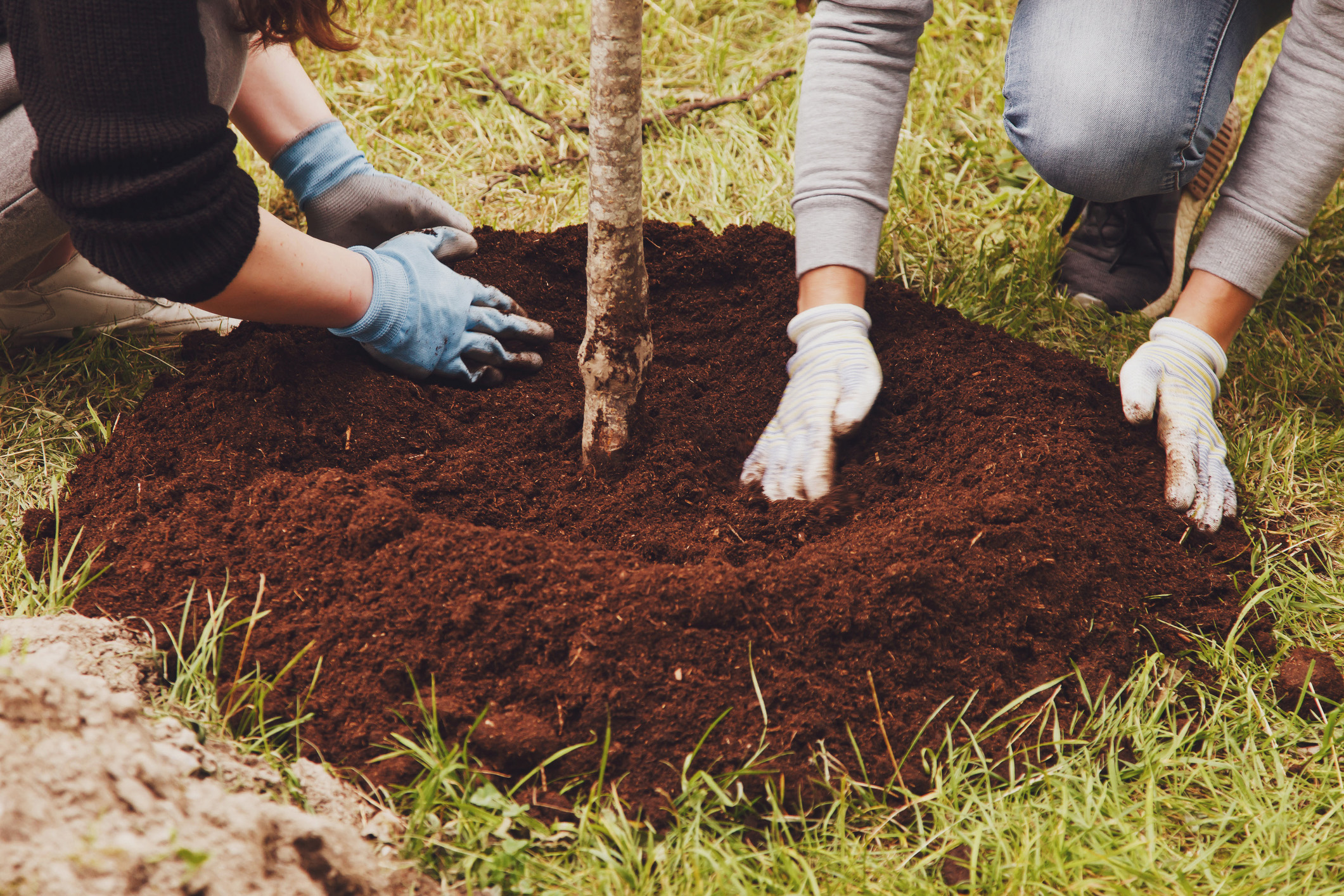Greater awareness and concern over climate change and pollution have led many people planning for end-of-life to seek burial or interment options that are more friendly to the environment. Recently three U.S. states have legalized the composting of human bodies following death – completing the cycle of life and returning the remains to the earth, producing nutrient-rich soil.
According to a recent Reasons To Be Cheerful post, human composting vessels are able to break down human remains, covered with an organic cotton shroud, straw, alfalfa, and wood chips, into soil. Microbes on the body and in the plant material start the process, creating heat that speeds up decomposition while each cylinder turns slowly to circulate oxygen. Pathogens and viruses are killed with the natural heat and over time the entire body, including bones, breaks down.
Once the process is complete, any foreign objects such as joint implants are removed and the finished material is tested for bacteria, lead, and mercury before being used for compost in gardens or parks. Families can also choose to take home a small vessel of the compost, and use the material to nourish a tree or feed a garden.
Conventional burial uses precious materials like metal and wood and toxic chemicals to preserve the body and finish the caskets. Although many people consider cremation to be a “greener” alternative, American cremation emits 600 million pounds of carbon dioxide into the atmosphere each year.
The “death positive” movement not only seeks to normalize discussions about the end of life but also hopes to create more cost and environmentally sensitive options for human disposition. In 2020, Washington became the first U.S. state to allow human composting, and plans are underway for facilities in Oregon and Colorado. Green burials are gaining interest in other countries as well, but there are legal obstacles yet to overcome before many of these options are permitted.
Due to growing demand, the first greenhouse facility Recompose, located south of Seattle is nearly fully occupied and a larger 50-vessel Washington facility is in the works, the next to be in Colorado. The fee of $5,500 includes transport from nearby counties is costlier than cremation but far less expensive than a traditional casket burial and significantly less harmful to the environment.
Learn more by watching this TED Talk by Recompose founder Katrina Spade.






Add Your Voice
0 Comments
Join the Discussion